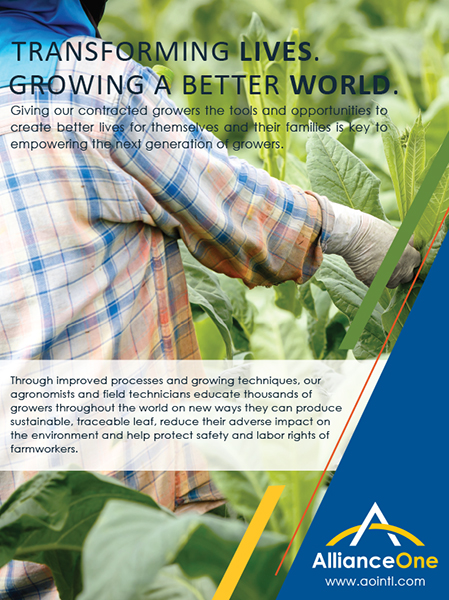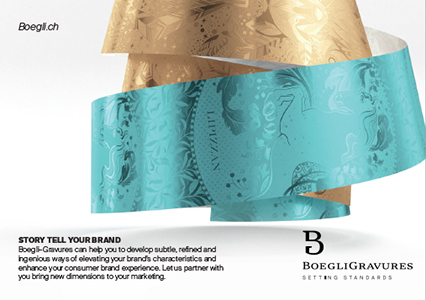The Natural Experience
- Paper Print Edition RYO/MYO Sustainability
- May 1, 2020
- 0
- 10 minutes read
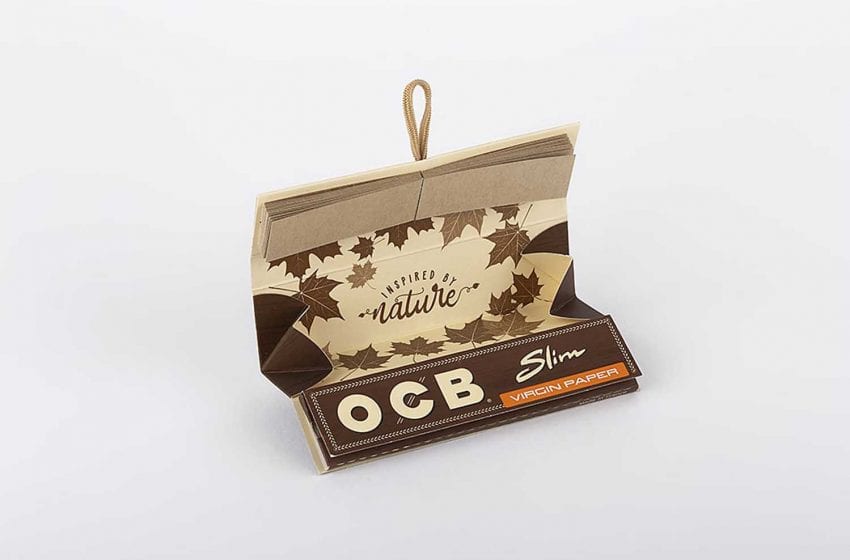
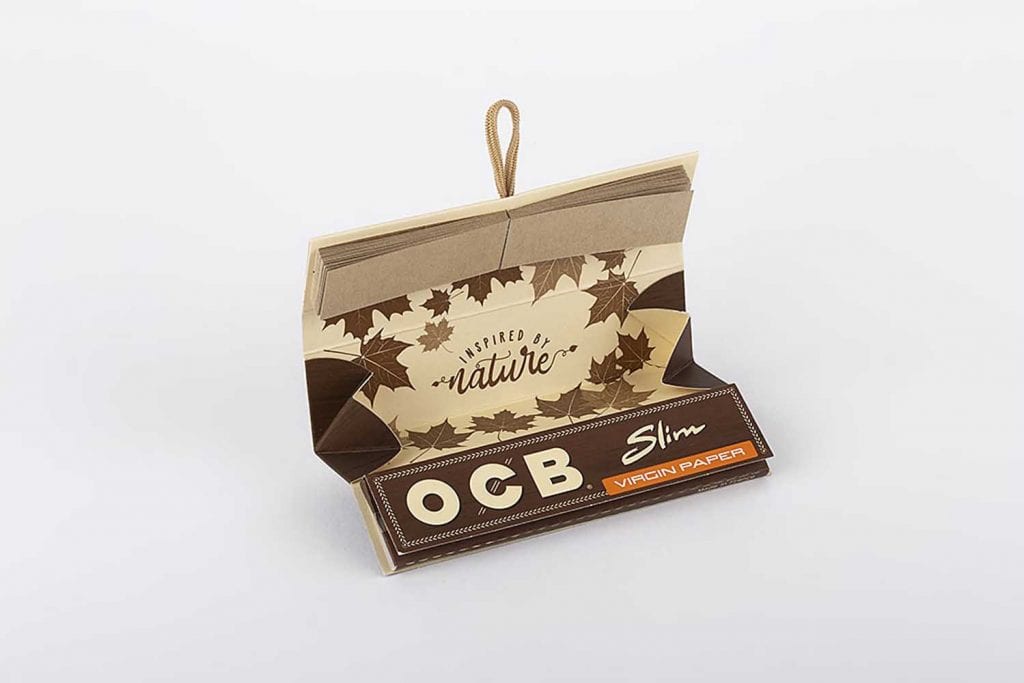
Republic Technologies burnishes its environmental credentials.
By George Gay
When Santiago Sanchez of Republic Technologies International (RTI) responded to my request for information about the current state of the RYO/MYO sector, he suggested that I might like to watch a video about how his company had taken part in a program aimed at helping to regenerate areas of Kenya where, for various, often multiple reasons, the environment had become degraded. He warned me that it was “a bit long” but assured me that it was worth watching.
I must admit that normally my heart sinks when I’m asked to watch company videos, but I didn’t find this one overly long, and I thought it was well worth watching. It concerned something that I had known almost nothing about, and it helped me to understand RTI’s approach to its business and its products. The company’s website (www.natural-experience.com/en/natural-world) says that it is dedicated to respecting the environment by reducing waste wherever possible and otherwise reusing or recycling products. “We are committed to quality, human relationships and the environment,” the website says.
Okay, these could be empty words, but watch the video (https://bit.ly/2woh50K) and I think you will find evidence that, at least in respect of the fine line of gum that runs along one edge of each RYO rolling paper produced by RTI, the issues of quality, human relationships and the environment are all to the fore and addressed in ways that might surprise. The idea of an RYO/MYO accessories (and e-liquids) company being indirectly involved in planting trees from the air is, I think, something that would raise questions in the mind of even the most uninquisitive person.
I won’t go into any details here because the video is far more descriptive than I can be, but I shall point out simply that RTI’s support of the nongovernmental organization Seedballs Kenya, through its OCB brand, is linked to RTI’s use on its cigarette booklet papers only of pure, organic, vegan-friendly gum arabic that is extracted from African acacia trees—support that, in turn, helps sustain the livelihoods of the people who harvest and carry out the initial processing of the gum arabic.
Beyond gum
But RTI has been in the vanguard of addressing environmental issues that go far beyond gum arabic. For instance, the hemp that it uses to produce thin but strong rolling papers is grown organically without the use of insecticides or even irrigated water. And, importantly, the company provides information about its annual needs to the cooperative of French farmers who produce the hemp to ensure that the cooperative can manage its output in a sustainable way.
At the same time, the company offers RYO filters that are made of pure cellulose fibers sourced from sustainably managed forests. They are unbleached and naturally biodegradable and, RTI says, provide a better filtration than is provided by other types of filters. And then there are the rolling paper packs that are produced from recycled paper and printed with vegetable inks that are low in odor and have low-migration properties.
With such an emphasis on respecting the environment, it would be reasonable to expect that RTI and its OCB brand, despite their tobacco connection, would be welcomed as part of the family of responsible companies and products. But that is not necessarily the case. Sanchez told me that the Belgian government has decided that it is contrary to the provisions of the EU’s Tobacco Products Directive (TPD) to allow rolling paper packs to bear messages attesting to the positive credentials of the papers—messages such as “unbleached” or “organic.” I’m not sure, but I guess this will have come about because of the tortured logic that says that consumers, on seeing, for instance, that papers are organic, will be encouraged to smoke. It assumes that consumers’ thinking so lacks nuance that they cannot tell the difference between organic beetroot and organic rat poison.
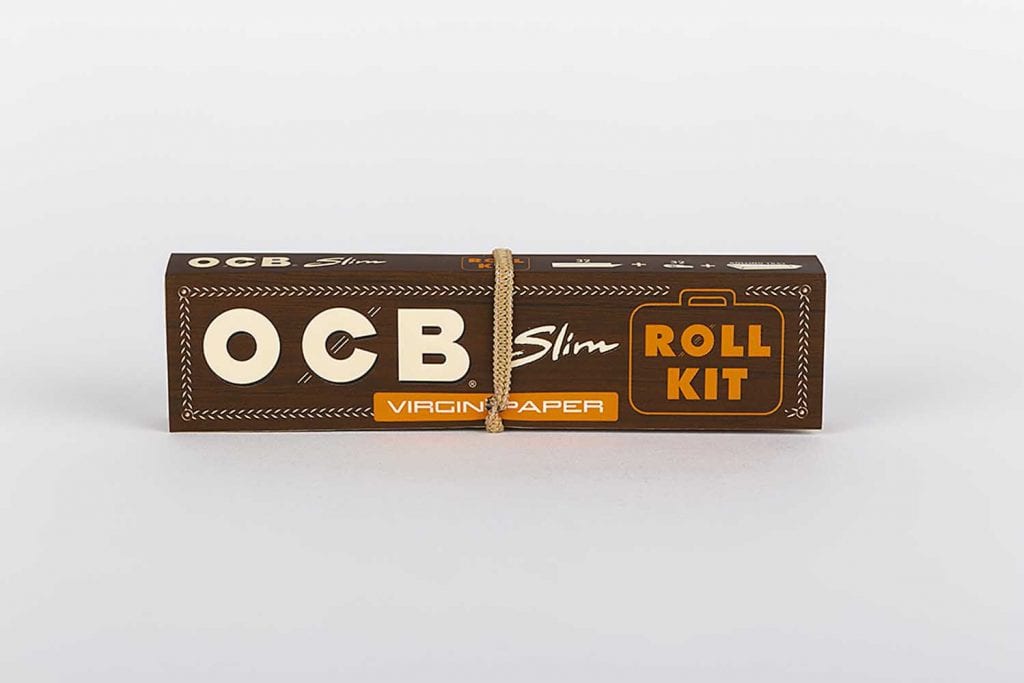
Worrying developments
Fortunately, Belgium is the only EU member state to take this stance. But its doing so shows up one of the problems that a company such as RTI faces. Because the various states, when transposing EU regulations into national laws, can interpret those regulations differently, the TPD does not provide the consistent rulebook that it might appear to provide.
And this is significant because though as an RYO/MYO accessories provider, RTI is not greatly affected by the TPD in a direct way, it of course suffers the cold winds of the TPD that blow through the manufacturers of RYO and MYO tobaccos. And those cold winds keep blowing. While the revision of TPD2 is still about a year away, Sanchez says, he is already hearing comments about how TPD3 will add further restrictions. And he is rightly concerned because, as he pointed out, the imagination of EU regulators is boundless in this area.
Another issue that is likely to cause problems for the tobacco industry in general is the upcoming EU directive on single-use plastics that will probably embrace the “polluter pays” principle where the polluter is interpreted as the manufacturer—of acetate filters, for instance—rather than the consumer who carelessly discards the item.
Meanwhile, things are also tough in the U.S. where, for instance, the process that manufacturers have to go through to obtain approval from the Food and Drug Administration to put a new or modified product on the market seems so complex as to be unreasonable. Sanchez said that it was hardly possible for small RYO/MYO players to comply with these requirements and that some companies had withdrawn from the market. RTI, he added, had to increase its workforce just to do the testing and create the thousands of documents that were needed for compliance.
Standardized packaging is another issue making life difficult—and not only in an indirect way. Although it seems to beggar belief, two countries, Israel and Canada, have implemented standardized packaging requirements for rolling paper booklets while Belgium has done the same for booklets that carry the same brand name as a tobacco product.
But one of the most worrying developments that will inevitably affect RTI indirectly is the tendency for some countries to close or reduce the tax differentials between those applied to cigarettes and those applied to RYO/MYO tobacco. Portugal and the Czech Republic have already closed the gap, and the U.K. in March moved to reduce the difference.
And, of course, RTI is plagued by the availability of counterfeit rolling paper booklets and the reluctance of many countries to take effective action against such illegal trade. Sanchez estimates that just a small proportion of counterfeit products are being intercepted in the EU and the U.S. but is claiming some success for a unique QR code system that the company has introduced and that allows wholesalers, retailers and consumers to check whether they are buying genuine products.
Looking on the bright side, Sanchez says that RYO/MYO companies are generally doing better than the manufacturers of factory-made cigarettes and that RTI is doing particularly well. But, as always, there’s a catch. He said that RTI had been developing its presence on a number of markets—before, that is, the coronavirus crisis had raised its head. The situation was now complex, he added, and it was just too difficult to predict what the future might hold.

